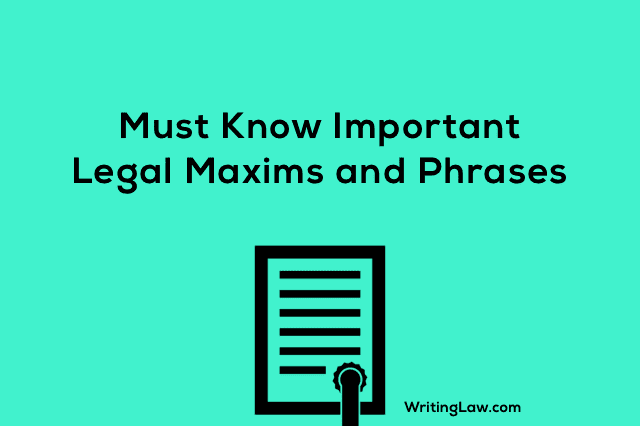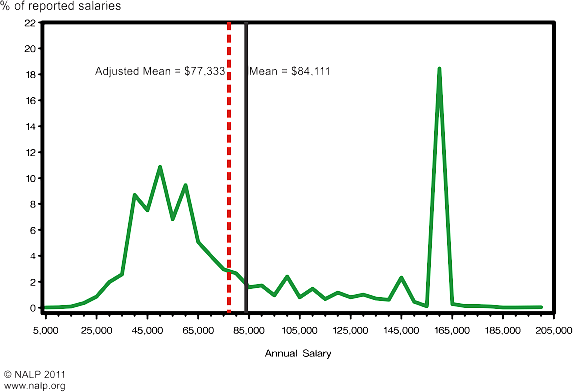
Lawyers can help protect you from making a bad purchase by explaining the legal implications of features like one-bedroom layout or poor tiling work, as well as which contingency clauses should be utilized and how much should be allocated toward closing costs.
Attorneys review printed contracts related to transactions and make changes that address legal issues, while also helping navigate complex co-op or condo rules and agreements.
1. Legal Advice
As with any major financial decision, hiring professional legal advice when purchasing a house is invaluable. A lawyer will ensure the purchase and sale process proceeds smoothly while adhering to applicable laws; additionally they can provide invaluable help during negotiations and the wrap-up stages of buying process.
An attorney can help you understand your rights and obligations in the home-buying process, such as what responsibilities may fall to you as the seller. They may also advise on potential tax implications of purchasing real estate; depending on your individual circumstances it may be advantageous to take advantage of tax laws which permit exclusion of capital gains on sales of home properties.
Most buyers finance the majority of the purchase price of real estate with mortgage loans from lending institutions, so having your attorney review the purchase contract to verify the conditions for closing (such as satisfying financing commitment) are clearly established is also recommended. A lawyer could also help ensure that title to the property is clear by reviewing public records or conducting an inspection of it.
New York lawyers can also help in the negotiation of terms for sale with sellers, including whether financing commitment is contingent. Most real estate brokers use standard forms for purchase contracts; an attorney can tailor these documents specifically for your needs.
After signing the purchase contract, a lawyer can prepare escrow documents to transfer ownership and pay any necessary fees and taxes. They might arrange to have part of each monthly mortgage payment held in an account to cover taxes and homeowners insurance premiums until closing, when lenders release funds back to sellers upon verification that property transfer took place as per agreement.
2. Representation
Real estate lawyers can assist in the legal processes involved with home purchasing. They will negotiate for fair and compliant contracts that meet state requirements; additionally they can protect your interests by informing you about potential issues like discrimination.
Your attorney can also assist in closing, by ordering a title report for the property and calculating what amounts will need to be paid on closing day. Closings usually involve many different parties – the buyer, seller, their respective attorneys, title/escrow companies, underwriter/loan officers for mortgage lenders as well as real estate brokers/agents involved – so your attorney is indispensable in making sure everything runs smoothly by handling last minute financing problems, answering all present at closing table questions and giving full possession to buyer at end.
Real estate transactions present special legal considerations not seen elsewhere. Even if a lawyer is not required by your state law, hiring one will provide peace of mind knowing someone is watching out for your interests and will ensure nothing slips through the cracks. An attorney can offer expert support during all aspects of the process by explaining any confusing industry jargon to ensure you understand all documents and provide guidance during the transaction. Hiring a good attorney could save money over time by helping avoid mistakes which cost more later on.
3. Negotiation
Purchase of property can be one of the largest transactions of your lifetime, making legal advice an essential asset in this process. An attorney who specializes in real estate matters and negotiation should help guide the purchase agreement while helping interpret its provisions to achieve fairness for both parties involved.
An attorney can also help you determine what price you should offer, taking into account comparable homes’ values and the seller’s motivations. An experienced lawyer can also evaluate a home’s condition and suggest repairs that could reduce its sales price by hundreds or even thousands of dollars. They may also review mortgage documents to help find lenders that can best meet your financial needs.
Once your offer is presented, your attorney will work on your behalf to negotiate an acceptable agreement with the seller. They may negotiate a lower selling price, ask them to cover closing costs or request an appraisal contingency clause that grants you the ability to back out in case the property appraises lower than anticipated.
Your attorney will also discuss financing with the seller and review several years’ of co-op or condo board meeting minutes to identify any issues that could cost you in the future, such as bed bugs or leaky roofs. He or she can assist in loan document preparation, answer any last-minute financing queries, represent you at contract closing and negotiate on your behalf to address issues such as unexpected repairs or changes in closing date that arise during this process. Lastly, your attorney will review mortgage documents to make sure that they reflect what was agreed to in the contract of sale agreement.
4. Documentation
Home buying requires extensive paperwork. Your real estate agent, title company and mortgage lender (if applicable) should handle most of this for you; however, you will also be expected to submit some documentation yourself – such as financial information that will be verified by your lender to determine your ability to afford the home you want to buy. Depending on your specific circumstances and desired purchase, tax returns, bank account statements or income verification may be needed as proof.
A purchase agreement is an essential document that formalizes and defines your contract with a seller, outlining all the details about price, contingencies and closing dates of a sale transaction. Contingencies allow you to back out without losing your earnest money deposit if certain conditions such as a successful home inspection, appraisal or being approved for financing aren’t fulfilled as promised by either party.
Sellers must provide a property disclosure statement which lists any issues or defects they know exist in the home you’re buying, protecting you from buying a house with hidden problems. Finally, closing papers that transfer ownership between seller and buyer must be signed; typically recorded by your regional record office to demonstrate proof that ownership has transferred. It is wise to keep a copy for future reference and file it with your taxes – your lawyer can assist in making sure these documents are executed as planned at closing.
5. Closing
Closing is the final step before becoming legally owner of your home. At this stage, you must sign various important forms transferring ownership and settling all debts owed on it. Your attorney will explain all these documents’ importance – deeds, transfer taxes and mortgage loan commitments can often be complex documents to understand; your lawyer can assist with that too!
Your attorney may conduct a property survey to make sure the seller holds clear title and any improvements don’t violate zoning regulations, and order a title report from an insurance company to establish this. In addition, your lawyer will help calculate how much of a down payment or other closing costs must be brought with you when closing takes place – both these items should have been included as part of your loan financing package.
Make sure you hire an attorney when purchasing property, since printed contracts may contain clauses that do not comply with local laws and can include provisions that obligate you to pay real estate agent commission. If working without one, an attorney can create a purchase contract that protects your interests and avoids this potential trap.



